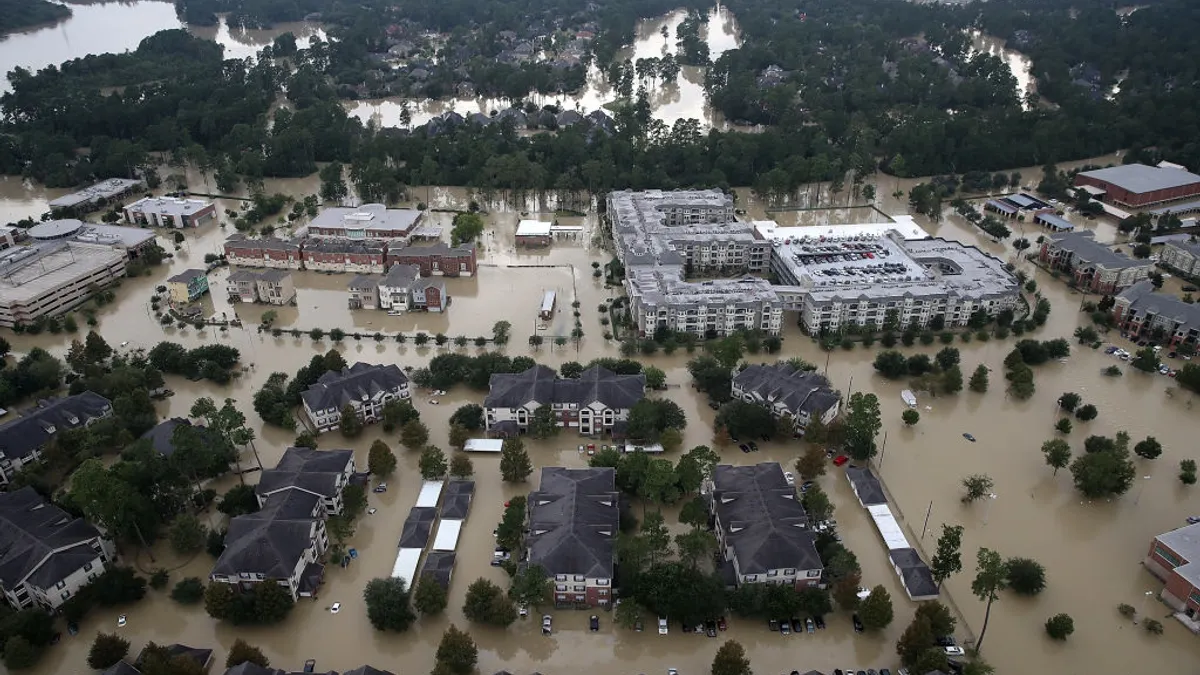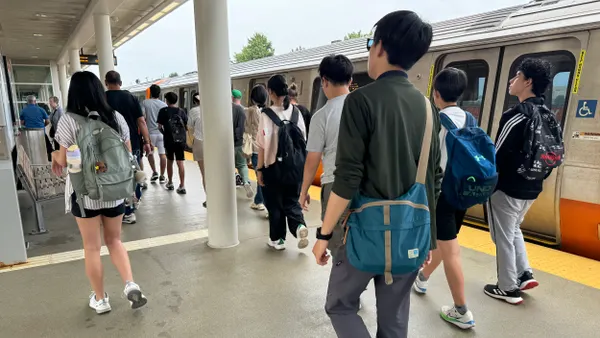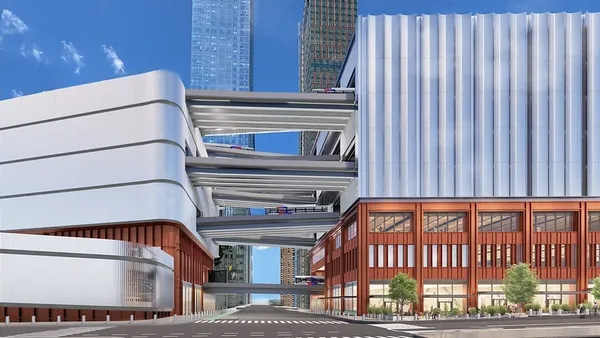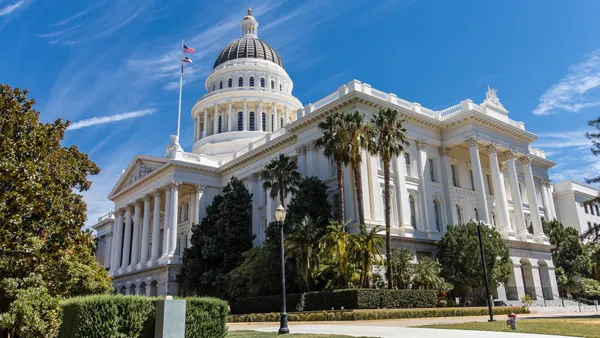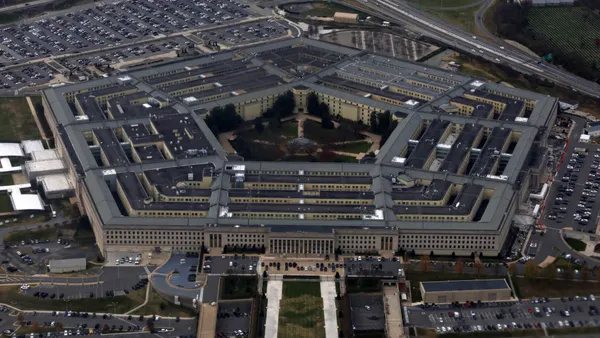Correction: A previous version of this article stated that WSDOT filed a $78 million lawsuit against STP.
Dive Brief:
- Washington state transportation officials told lawmakers that the Alaskan Way Viaduct replacement tunnel, originally estimated at $1.35 billion, will not open until 2019 — more than three years behind schedule — and will cost $223 million more than planned, The Seattle Times reported.
- The additional costs are for extra staff and engineering overhead, as well as for increased expenditures for the infrastructure required to connect the tunnel to other roadways once complete.
- The estimate given to the state Legislature could grow by $200 million if general contractor Seattle Tunnel Partners (STP) is successful in its lawsuit against the Washington State Department of Transportation for extra costs related to the breakdown of tunnel boring machine (TBM) Bertha. This amount also includes a change order from the firm that built the repair vault necessary to retrieve Bertha and get it up and running again.
Dive Insight:
In a separate suit, Malcolm Drilling Company filed an $11 million claim against STP — a joint venture including New York-based Dragados USA and California-based Tutor Perini — due to what it said resulted from difficult soil conditions when it was building the vault. STP disputed the claims, as it said the contractor had done previous work in the same soil.
As for STP's change orders and lawsuit, STP maintains that WSDOT did not tell the company about a steel plate in Bertha's path, which it said caused the TBM's breakdown. WSDOT has not accepted responsibility for the breakdown and "filed a $78 million claim with project insurers to recoup the extra costs added to WSDOT’s management of the program as a result of the tunneling delay," according to the department. The WSDOT also filed a separate suit against STP.
Bertha was out of commission for two years when tunneling resumed in December 2015. Soon after, WSDOT and Gov. Jay Inslee halted all operations after a sinkhole appeared over Bertha. Around the same time, a barge carrying soil excavated from the site tipped and dropped its load into the water next to tunneling operations, causing what WSDOT said was a hazard to personnel and the public.
STP filled the sinkhole with concrete and conducted a study that the contractor said showed the sinkhole was from "a pre-existing void, a ground loss in the face of the (tunnel-boring machine), or a combination of both." It wasn't until late February, more than one month after the sinkhole and barge incidents, that WSDOT and the governor's office "conditionally lifted" the stop-work order. The state allowed operations to resume after receiving a soil monitoring and removal plan from STP and requiring that all future excavated soil be removed from the site via trucks rather than by barge.



